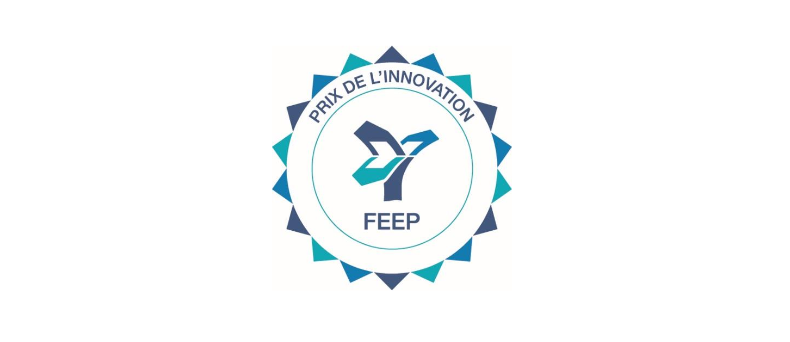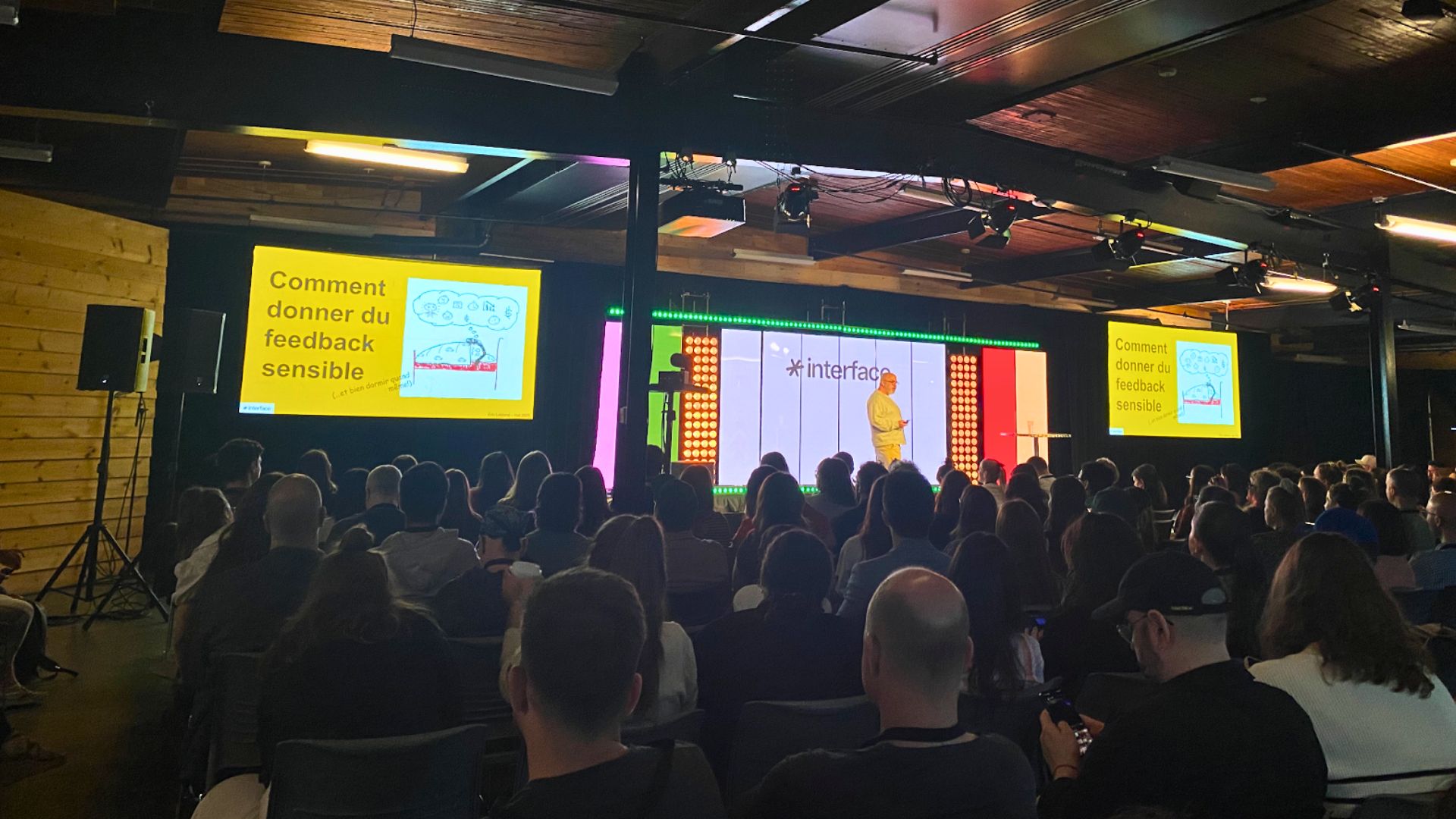Santé et saines habitudes de vie
École Trilingue Vision Québec Nord – Grow into the best version of yourself
L’École Trilingue Vision Québec Nord partage les locaux de sport avec une école secondaire. Cela engendre parfois des conflits d’horaire et limite les possibilités. L’enseignante d’éducation physique a donc choisi de sortir son cours à l’extérieur autant avec les petits de maternelle qu’elle voit cinq heures par semaine qu’avec les plus vieux de 1re, 2e et 3e année qu’elle voit trois heures par semaine. Selon la saison, elle ajuste les sports pour maximiser le potentiel et l’offre du terrain.
L’hiver ouvre la porte aux sports de glisse (patin, ski de fond, ski alpin, marathon de la glissade). L’été favorise les sports aquatiques et d’endurance (natation, vélo, course à pied, planche à roulette, etc.). Pour travailler la coopération, les sports d’équipe ont également leur place (hockey bottine extérieur, basketball, ultimate frisbee, soccer, baseball, etc.). Puisque les sports pratiqués sortent parfois du traditionnel, deux événements d’envergure sont organisés (hiver: pentathlon, été: triathlon) permettant alors à chaque enfant de se fixer des objectifs personnels. Puisqu’il n’y a pas de mauvaise température juste des sportifs mal habillés, les enfants ont appris à organiser les nombreux changements de vêtements.
L’équipe de l’École a constaté que depuis que les enfants font régulièrement le plein de soleil et d’air frais et qu’ils peuvent oxygéner leur cerveau, ils sont plus disposés et réceptifs à l’apprentissage en classe.
Promotion de la langue et de la culture québécoise (2 gagnants ex aequo)
Collège Regina Assumpta – Comité de valorisation de la langue française
Comme c’est le cas dans plusieurs écoles de Montréal, le Collège Regina Assumpta accueille une majorité d’élèves pour qui le français n’est pas la langue maternelle. Le comité de valorisation de la langue française a été créé en 2015. Sa mission première est de faire connaître la politique linguistique du Collège ainsi que de valoriser la culture française par des actions concrètes et des activités ludiques. Ce comité, composé de membres du personnel et d’élèves de la 1re à la 5e secondaire, a été mis en place pour s’assurer du bon usage du français dans le quotidien du Collège. Après avoir consulté les élèves, des activités ont été organisées tout au long de l’année, incluant entre autres une nuit blanche à la bibliothèque et la diffusion de capsules sur l’utilisation du français dans le monde du travail.
Le taux de participation aux différentes activités démontre l’engouement des élèves pour la langue française. Le plus surprenant est que les élèves qui participent ne sont pas ceux qui ont les meilleures notes en français ni ceux qui parlent français à la maison. L’impact de ce projet a donné un nouveau souffle à la langue et la culture française au Collège.
L’École bilingue Notre-Dame de Sion – EBNDS 375
Située à Saint-Laurent, un quartier multiculturel de Montréal, cette école a décidé de profiter du 375e anniversaire de Montréal, de ses activités et festivités pour piquer la curiosité des enfants et les amener à entraîner leur famille à visiter les points d’intérêt de la ville, à donner plus de sens aux connaissances acquises avec leurs enseignants et, pourquoi pas, à les rendre bons ambassadeurs de notre ville !
Grâce à l’appui de sa communauté et l’engagement de bénévoles, l’École a organisé différentes activités tout au long de l’année pour faire découvrir à ses élèves l’histoire et les multiples facettes de Montréal.
Promotion de l’entrepreneuriat étudiant
Collège Notre-Dame – Jardin Divers
Jardin Divers est un projet dont les élèves du Collège Notre-Dame sont responsables, puisqu’ils s’occupent des plantes, de la gestion des horaires ainsi que du calendrier de production. Ce sont les élèves qui prennent les décisions concernant le bon fonctionnement du projet. Cela leur permet de s’y engager pleinement, de se responsabiliser et de se familiariser avec le monde de l’entrepreneuriat.
Aussi, Jardin Divers répond à une demande en produits biologiques et locaux. Les engrais utilisés sont biologiques et toutes les interventions sont faites dans le respect de la nature. De plus, Jardin Divers se définit comme un producteur local. En effet, il donne une partie de sa production à l’organisation bénévole MultiCaf, une banque alimentaire du quartier Côte-des- Neiges. Cette organisation offre des repas à très bas prix aux familles défavorisées de la communauté. Ce faisant, les jeunes contribuent à combattre l’insécurité alimentaire dans leur quartier. Les autres produits sont vendus aux élèves, à leurs parents, aux professeurs et à la cafétéria de l’école. Ainsi, le projet encourage la communauté à manger de manière plus saine, à découvrir de nouveaux produits et à se procurer des aliments locaux.
Développement durable
Collège d’Anjou – Projet Zéro Carbone
Lorsque le Collège a participé au concours Carbure à l’efficacité 2012-2013, les élèves ont mené une grande campagne de sensibilisation à l’efficacité énergétique et proposé comme projet environnemental durable une série de moyens pour rendre le Collège CARBONE NEUTRE. Ils ont nommé cet ensemble de recommandations PROJET ZÉRO CARBONE. Depuis cinq ans, différentes initiatives ont été adoptées. En voici quelques exemples :
- Pour compenser les émissions de CO2 produits par les voyages des élèves, ces derniers sèment plusieurs centaines de chênes rouges par année, qu’ils distribuent pour être replantés.
- Le Collège a été la première école privée au Québec à se munir d’un composteur industriel. Les élèves sont grandement impliqués dans le tri pour séparer les matières recyclables, les matières compostables et les déchets.
- Les élèves construisent des bacs à réservoir d’eau et font pousser, à l’intérieur des classes, des fleurs, des fines herbes et des légumes qu’ils vendent au début mai. Une vente annuelle de pousses est organisée et on y distribue aussi le compost de l’école et les sommes d’argent amassées sont dédiées au projet Zéro Carbone pour en assurer la pérennité.
Prix Coup de cœur du jury
École Vanguard – Semer l’avenir
L’École Vanguard accueille des élèves ayant des troubles d’apprentissage. Lorsque l’École a déménagé dans son nouveau campus à Saint-Laurent, elle s’est retrouvée dans un quartier dépourvu de parcs et de jardins. Les élèves ont alors exprimé le souhait de créer un potager pour encourager les jeunes à manger local et sainement en leur montrant que c’est possible de faire un jardin n’importe où.
L’école s’est procuré une serre qui a été installée en arrière de l’école. L’équipe a fait des recherches sur les tisanes, laitues et fines herbes, faciles à cultiver, puis installé un baril de récupération d’eau de pluie à côté de la serre. Une fois par semaine, les élèves faisaient la récolte et donnaient les produits frais à des cuisines communautaires. En 2016, la serre est devenue temporairement inaccessible à cause de travaux d’aménagement de l’école. Une enseignante de sciences a pris la relève avec un projet de « potager » hydroponique, monté dans sa salle de classe. Les élèves y cultivent des tomates et des fines herbes qu’ils consomment parfois ensemble.
L’École Vanguard est devenue membre du réseau d’écoles de l’Institut Jane Goodall, et le comité a choisi de communiquer avec l’Institut Zanner, une école au Congo qui, elle aussi, essaie de « réanimer » le terrain autour de leur école. Les jeunes des deux pays échangent des trucs et astuces pour des projets de verdissement.
– –
La FEEP tient à remercier tous les établissements qui ont participé à cette première édition des Prix de l’innovation. Les différents projets innovateurs présentés dans le cadre de cette initiative seront disponibles sur le nouveau site Internet de la Fédération qui sera mis en ligne au cours de l’été.














